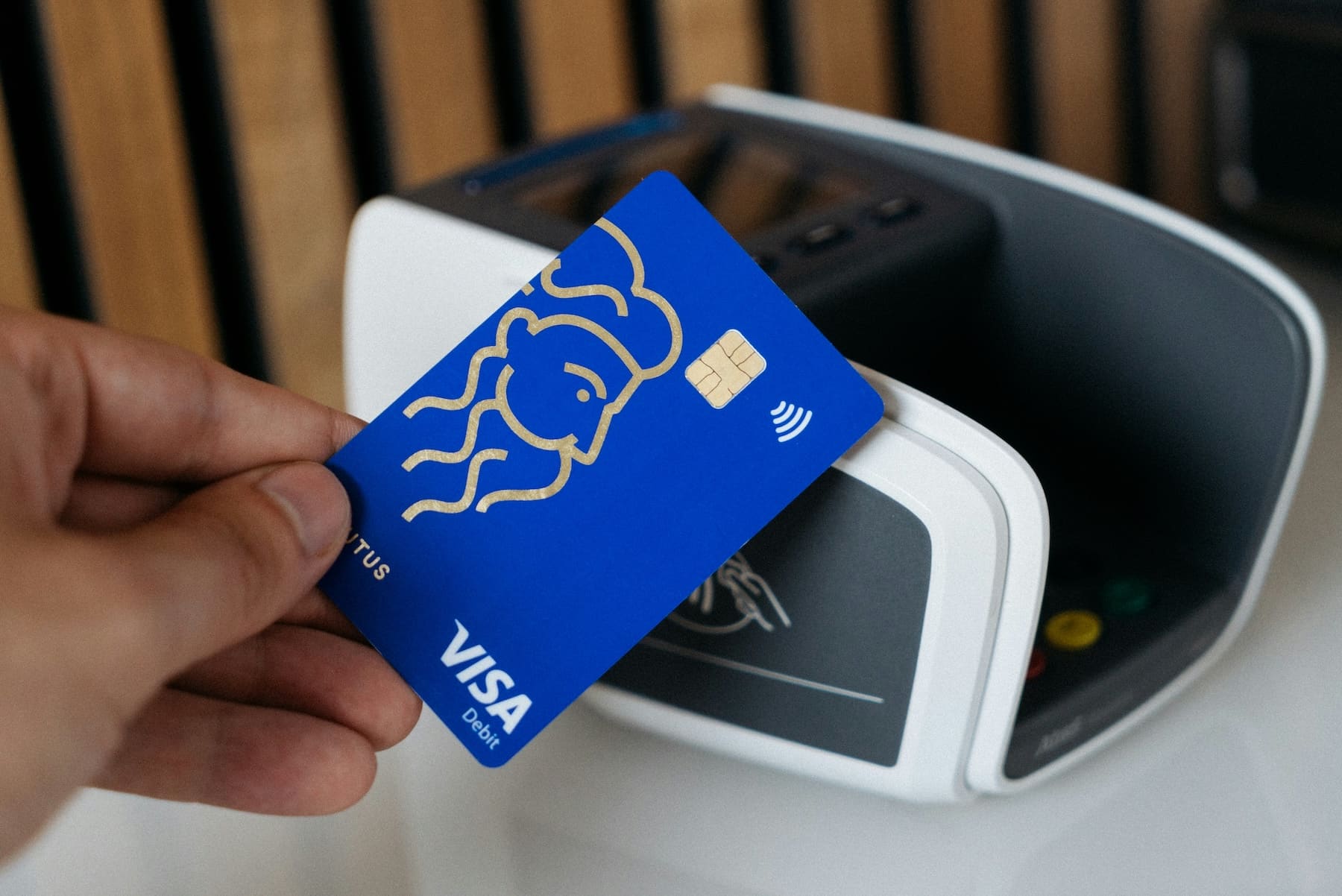With partnerships alongside Anthropic, IBM, Microsoft, OpenAI, and others, Visa is launching its Intelligent Commerce program to enable automated shopping through artificial intelligence agents.
The upcoming revolution in commerce is not just about shopping from mobile devices anymore. According to Visa, the immediate future lies in allowing artificial intelligence (AI) agents to search, select, purchase, and manage for us. To this end, the company has introduced Visa Intelligent Commerce, an ambitious program that turns its global payment network into a platform enabled for the new AI agents that will transform how we consume.
“People will soon have agents that will search, choose, and pay on their behalf,” explained Jack Forestell, Chief Product and Strategy Officer of Visa. “These agents must be trustworthy, not just for the user, but also for banks and merchants.”
An AI Ecosystem with Integrated Security
Visa is not alone in this endeavor. The initiative includes key collaborations with industry leaders such as Anthropic, IBM, Microsoft, Mistral AI, OpenAI, Perplexity, Samsung, and Stripe, among others. The goal: to make AI-driven commerce safe, reliable, and scalable worldwide.
With over 30 years of experience in applying artificial intelligence for fraud detection and risk management, Visa will leverage its infrastructure to provide an environment where AI agents can operate with consumer trust and support from the financial ecosystem.
What is Visa Intelligent Commerce?
It is a suite of APIs, personalization tools, and business programs designed for developers to integrate payment functionalities directly into AI agents, focusing on authentication, identity control, and spending limit management.
Key features include:
- AI-Ready Cards: These replace traditional card data with tokenized credentials associated with the agent authorized by the consumer. Only the user can actively authorize when and how these are used.
- AI-Driven Personalization: Consumers can voluntarily share basic purchase data to enhance the recommendations generated by their AI agent.
- Simple and Secure Payments: Users set spending limits and specific conditions. Purchase signals are shared in real-time with Visa, enabling automatic filters and controls in case of disputes.
From Futuristic to Everyday
Visa compares this transformation to the shift from physical to online commerce, and from online to mobile. Now it’s time for artificial intelligence to serve as the interface between users and commerce, with agents acting according to predefined preferences, all within the security and trust framework of the Visa network.
This model could radically change the consumer experience: from an agent that books vacations based on your preferences to one that makes weekly purchases tailored to your dietary needs, budget, and location.
Implications for Developers and Merchants
For Visa, the next step is to integrate these capabilities into AI platforms. Therefore, it offers its payment network, authentication APIs, and tokenization technologies to developers looking to build products aligned with this new era.
The impact will also be crucial for merchants, fintechs, and e-commerce platforms, which will need to adapt their services to environments where the end customer will not be a person, but a digital agent acting on their behalf, respecting their limits, interests, and preferences.
With this initiative, Visa aims not only to facilitate new payment methods. It seeks to be the layer of trust for AI-driven autonomous commerce, anticipating an inevitable transformation in the relationship between consumers, technology, and the digital economy.
Source: VISA

